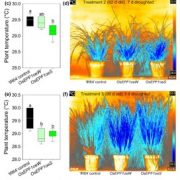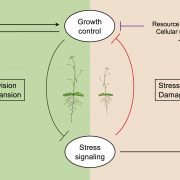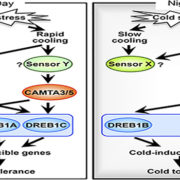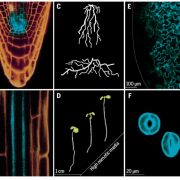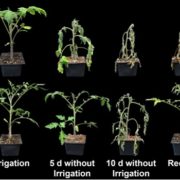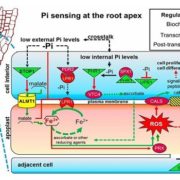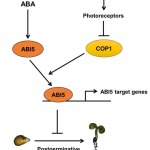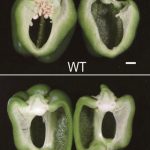Water availability effects on germination, membrane stability and initial root growth of Agave lechuguilla and A. salmiana (Flora)
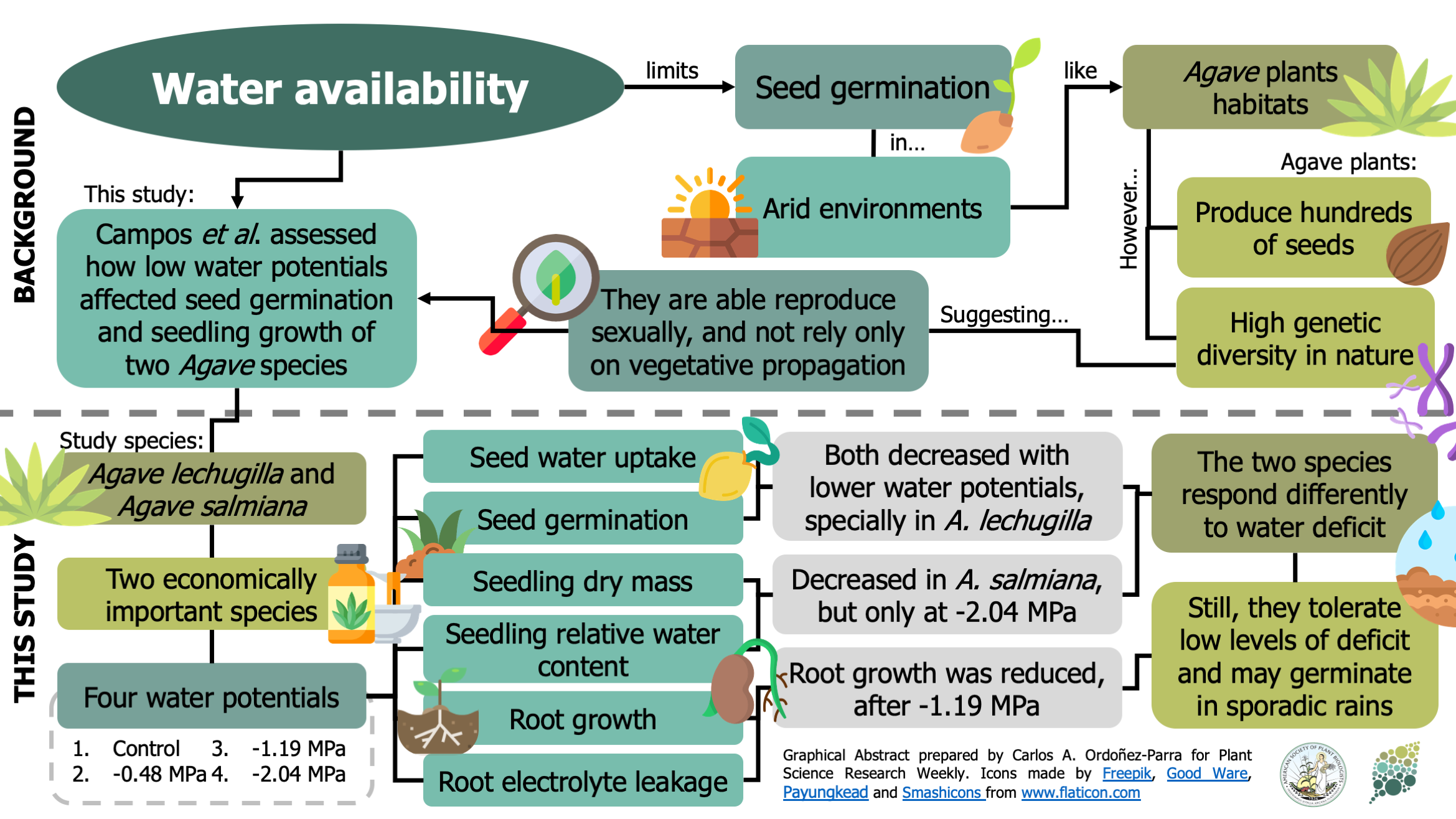 Low water availability limits seed germination in arid environments, such as the ones that Agave plants inhabit. As a result, vegetative propagation has been considered their most effective and successful method of reproduction. However, agaves produce several hundreds of seeds, and their natural populations show high genetic diversity, suggesting they do not rely solely on vegetative propagation. To test how water deficit limits sexual reproduction, Campos et al. assessed the impact of decreasing water potential on the germination and seedling growth of A. lechugilla and A. salmiana. Overall, lower water potentials reduced germination and root growth. However, these effects i) varied between species, ii) were significant only at the lowest water potentials (-1.19 and -2.04 MPa), and iii) did not inhibit germination completely. As a result, the authors show these species are adapted to germinate under variable water availability conditions. Moreover, since seedling dry mass was not affected by water potential, the authors suggest that seedlings could tolerate growing in these conditions, allowing the establishment of high genetic diversity populations via sexual reproduction. (Summary by Carlos A. Ordóñez-Parra @caordonezparra) Flora 10.1016/j.flora.2020.151606
Low water availability limits seed germination in arid environments, such as the ones that Agave plants inhabit. As a result, vegetative propagation has been considered their most effective and successful method of reproduction. However, agaves produce several hundreds of seeds, and their natural populations show high genetic diversity, suggesting they do not rely solely on vegetative propagation. To test how water deficit limits sexual reproduction, Campos et al. assessed the impact of decreasing water potential on the germination and seedling growth of A. lechugilla and A. salmiana. Overall, lower water potentials reduced germination and root growth. However, these effects i) varied between species, ii) were significant only at the lowest water potentials (-1.19 and -2.04 MPa), and iii) did not inhibit germination completely. As a result, the authors show these species are adapted to germinate under variable water availability conditions. Moreover, since seedling dry mass was not affected by water potential, the authors suggest that seedlings could tolerate growing in these conditions, allowing the establishment of high genetic diversity populations via sexual reproduction. (Summary by Carlos A. Ordóñez-Parra @caordonezparra) Flora 10.1016/j.flora.2020.151606


